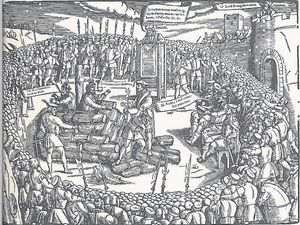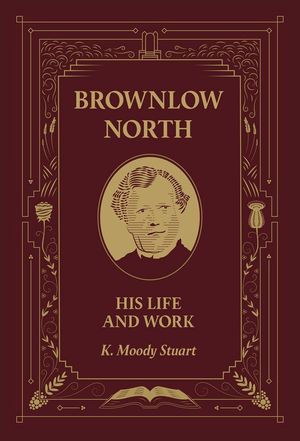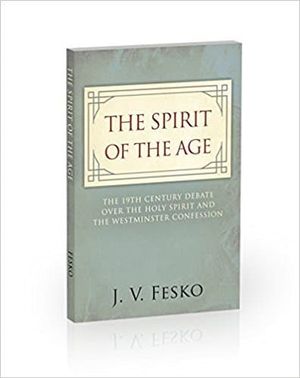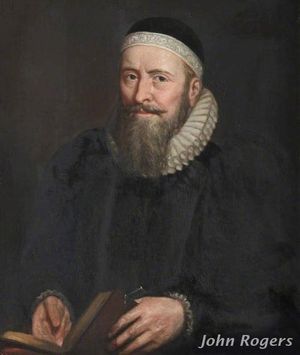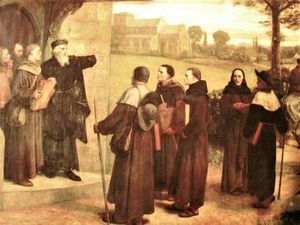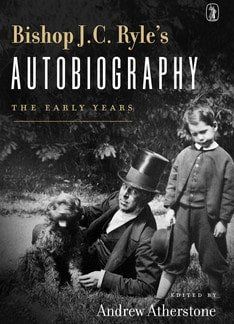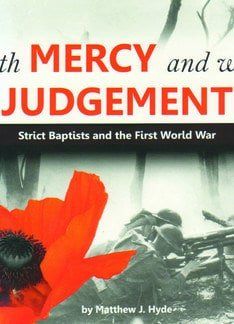Two of the outstanding leaders of the English Reformation, High Latimer and Nicholas Ridley, were burned at the stake in Oxford on 16 October 1555. The site of their martyrdom in Broad Street is marked by a simple cross in the pavement.
A more elaborate memorial stands round the corner in St Giles. Their martyrdom at the instigation of the reactionary Roman Catholic Queen Mary I was made memorable by Latimer’s powerful challenge at the stake: ‘Be of good comfort, Master Ridley, and play the man. We shall this day light such a candle, by God’s grace in England, as I trust shall never be put out’.
These words, long remembered and repeated in Christian homes, helped to keep alive the memory of what it cost to recover the gospel in England.
The gifts of the two men were very different, although they were united in the common faith. Hugh Latimer, the speaker, was the older of the two, about seventy at the time of his martyrdom. He had been Bishop of Worcester but had subsequently exchanged episcopal office for the ministry of a travelling preacher.
Nicholas Ridley was fifty-five years of age, a distinguished scholar and until recently Bishop of London. Both men played a significant role in the English Reformation.
Latimer
Hugh Latimer (c.1485–1555) was born in Leicestershire, the son of a tenant farmer. He never forgot his farming background, which supplied him with apt illustrations in his preaching later.
Throughout his life he remained very much a man of the people, well able to communicate with his hearers in city or hamlet. Despite his bluff manner, he was no simpleton. A bright pupil, his father was prepared to make sacrifices to send him to Cambridge. There at Clare College he made good progress in his studies.
His childhood and adolescence were spent in pre-Reformation England and he accepted the teaching of the church. He was, in his own words, an ‘obstinate papist’ with a love of the elaborate ceremony of the times.
Sudden conversion
For a man with his background the priesthood seemed the obvious calling. While he was still a student, news of the teachings of Luther reached Cambridge and became a matter of hot debate. Latimer strongly opposed the Reformation and attacked the teachings of Philip Melanchthon, Luther’s colleague, in his BD thesis.
His conversion was sudden and dramatic. Another university man, Thomas Bilney, asked him to hear his confession. This turned out to be a confession of complete faith in Christ as Saviour.
Latimer was profoundly shaken and his own conversion followed. Never a man for half measures, his preaching changed and he was soon in trouble with the Bishop of Ely. Fortunately, he had friends at court and the bishop was overruled.
By the mid 1520s Henry VIII was restless and although opposed to the teaching of Martin Luther soon had his own quarrel with the pope.
Bishop of Worcester
Latimer’s fame as a preacher spread and he received opportunities to preach at court, although he was never happy in that environment. With relief he accepted appointment as rector of the remote and beautiful village of West Kington in Wiltshire.
But Wiltshire was not too remote for criticism of his preaching to reach the ears of William Warham, Archbishop of Canterbury. But before action could be taken, Warham was dead and had been replaced by the sympathetic Thomas Cranmer.
By 1535 Thomas Cromwell, Henry VIII’s secretary, was looking for vigorous preachers to promote the religious changes that followed the King’s break with the papacy. Latimer was appointed Bishop of Worcester but held the post for only four years. He resigned in 1539 when the King, in one of his swings of policy, demanded adherence to Roman theology. For several years he lived in obscurity and was imprisoned during the last year of Henry VIII’s reign.
Released under the Protestant Edward VI, he did not return to his bishopric but accepted a roving commission as a preacher, mainly in the Midlands with occasional visits to London.
Sermon on the plough
His sermons, though not models of expository preaching, powerfully promoted Reformation doctrine. The most famous — ‘The sermon on the plough’ — was preached in these years.
‘I liken preaching to a ploughman’s work’, he said. The preacher ‘hath a busy work to bring his parishioners to a right faith, as Paul calls it, and not a swerving faith; a justifying faith that maketh a man righteous, without respect of works’.
After developing the metaphor of the preacher-ploughman, he declared, ‘the preaching of the Word of God unto the people is called meat; Scripture calleth it
meat, not strawberries that come but once a year … but are soon gone: but it is meat, it is no dainties’.
It was in this sermon that Latimer described Satan as the most diligent bishop in all England — ‘never out of his diocese … call for him when you will, he is ever at home, the diligentest preacher in all the realm’.
Imprisoned
Latimer was in the Midlands when Edward VI was succeeded by his Roman Catholic half-sister Mary. Too powerful a preacher to be left at liberty, there is some evidence that the Council would have let him escape to spare them the embarrassment of dealing with him.
But he continued to preach for almost two months after Mary’s accession. To the messenger sent to arrest him he said, ‘I doubt not that God, as he hath made me worthy to preach his Word before two excellent princes, so will he able me to witness to the third, either to her comfort or discomfort eternally’.
After an examination before the Council he was taken to the Tower. It was there that he came into close contact with Nicholas Ridley, also by this time a prisoner.
Ridley
Nicholas Ridley (c.1500-1555) was born in Northumberland. Like Latimer he was at Cambridge when the teaching of the Continental Reformers was under debate. He proved an able student and spent some time in the University of Paris before returning to Cambridge.
At Cambridge he associated with Thomas Cranmer, who became Archbishop of Canterbury in 1533. For a time he was the archbishop’s chaplain but was then appointed vicar of Herne in North Kent.
He read widely, especially on the doctrine of the Lord’s Supper which was at the heart of the Reformation controversy. By 1545 he had serious doubts about any physical change in the consecrated elements.
This was dangerous teaching in the reign of Henry VIII, but in early 1547 the old king died and almost immediately Ridley was appointed Bishop of Rochester.
Worship in English
As a bishop he took a leading part in the changes in worship and church furnishings that took place in the English Reformation. Already at Herne he had been reported for allowing part of the service to be in English. Under Edward he was to promote worship entirely in the English language.
He also insisted on the removal of idolatrous images from the parish churches in his diocese. In 1550 he was transferred to the responsible bishopric of London, where he had stone altars (which encouraged the idea that the mass was a sacrifice) replaced by wooden communion tables.
But Ridley fell foul of the king’s half sister, Mary. He offered to preach for her, but she angrily refused his offer and made it clear that she had never read any Reformed literature and never would.
Unwisely, he took a prominent part in the attempt to replace Mary by Lady Jane Grey when Edward died. He made it clear in his preaching that the accession of Mary would mean losing the gains made by the English Reformation.
Truth cannot be bartered
When the attempt to place Lady Jane Grey on the throne failed, Ridley was quickly arrested. He was charged with high treason, found guilty and condemned to death. Strangely, he was then pardoned, but the Queen had determined that as soon as the law could be changed he would be accused of heresy and suffer the penalty.
This was the course followed with both Ridley and Latimer. After ridiculous ceremonies and tedious debates loaded against the Protestants, both men were condemned to death by burning.
The sentence was carried out on 16 October 1555. Latimer died quite quickly, but Ridley’s sufferings were prolonged. They died because they believed and taught that sinners are justified by faith in Christ alone without consideration of works or sacraments.
They demanded that this gospel of grace should be freely preached to the people in language that they could understand. They took seriously the biblical warnings against idolatry. For that reason they could not worship saints, bow to images or offer adoration to a piece of consecrated bread.
They knew that God is Spirit and that those who worship him must worship him in spirit and in truth. Truth cannot be bartered and so, like so many of their generation, they were prepared to suffer martyrdom.
Their deaths helped to write the truth of the living God on the national consciousness.

